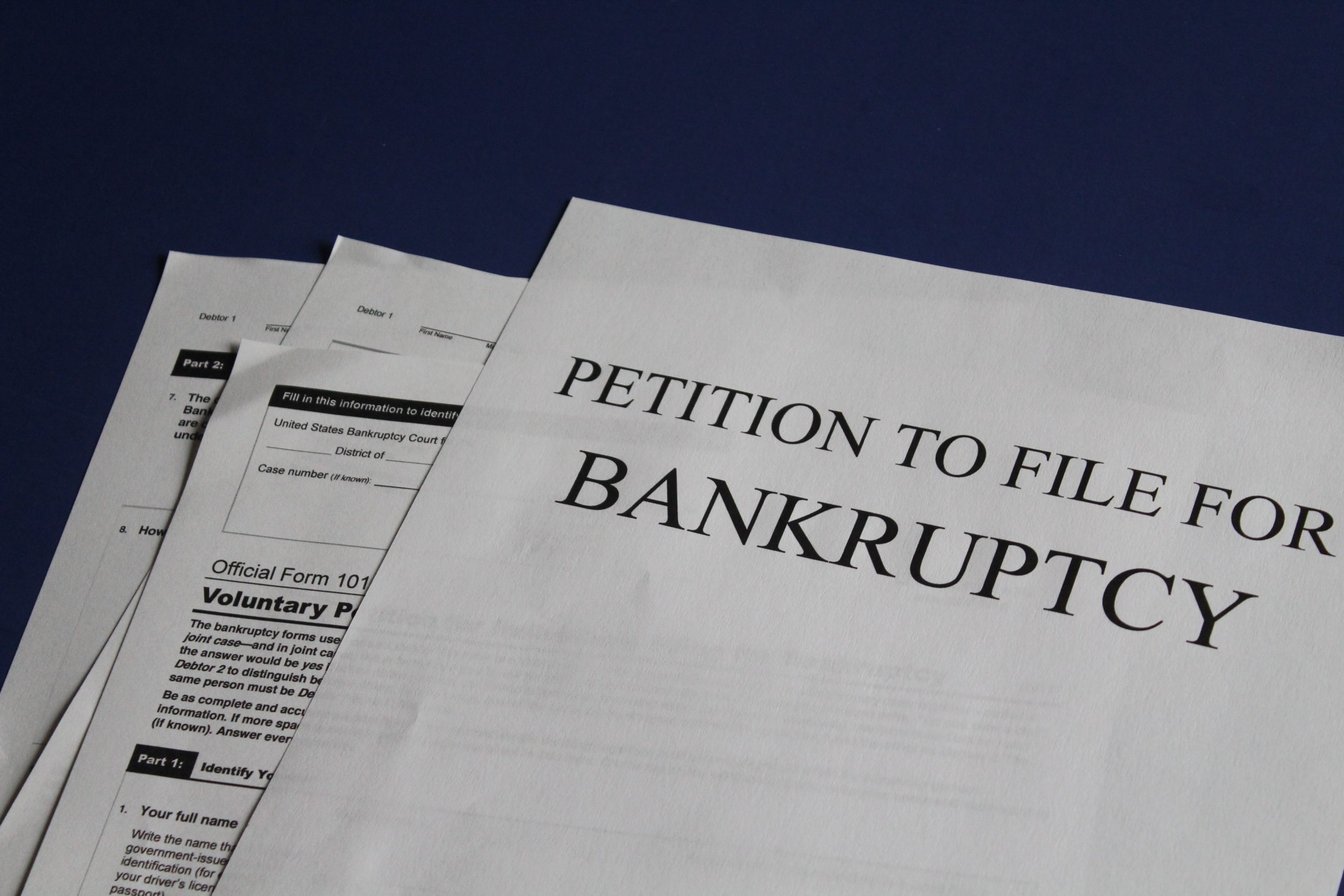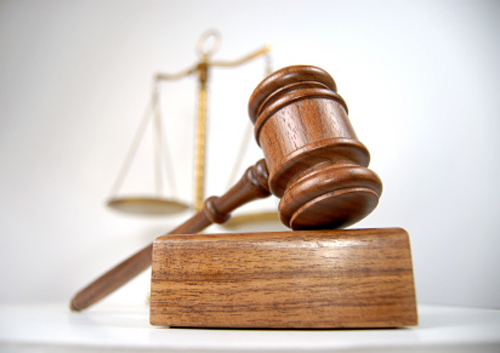When Is the Best Age to File for Bankruptcy in Pennsylvania?
Sometimes declaring bankruptcy is the only way to deal with crippling debt, but some people may wonder which stage in their life would be best for declaring bankruptcy. Bankruptcy, although it can be a solution, does have some consequences that can affect personal finances, such as a lower credit score. While there is no ideal age to file for bankruptcy, it is best to file when the consequences of bankruptcy are least likely to affect the financial future of the debtor. Continue reading to learn more about the best age to file for bankruptcy and how the experienced and professional Philadelphia bankruptcy lawyers at Young Marr & Associates can help people in Pennsylvania file for bankruptcy.
Deciding When to File for Bankruptcy in Pennsylvania
The best age to declare bankruptcy in Pennsylvania depends on the current financial situation of the debtor and their financial goals; the best age to declare bankruptcy is the age at which the debtor needs to file for bankruptcy the most and is least likely to face negative effects on their future because of it. Before declaring bankruptcy, there are a few things that debtors should consider regarding the impact that bankruptcy can have on their opportunities in the future.
Erasing Debt
Deciding whether or not bankruptcy is the right financial decision to make depends on the types of debt that the debtor is carrying. If they are carrying debt that can be erased through bankruptcy and the debt can’t be paid off in a timely way, then it might be the right solution. However, if the debtor is carrying debt that cannot be erased, they are likely better off altering their financial habits to pay off the debt instead of filing for bankruptcy.
The debts that can be erased during bankruptcy include credit card debt, mortgages, car loans, car lease obligations, home lease obligations, personal loans, medical debt, lawsuit judgments, and utility bills. The debts that cannot be erased during bankruptcy include student loans (both public and private), income taxes, child support, alimony, court fines and other penalties, and personal injury debts following a DUI.
Since the most common type of debt that young people face, student loan debt, is not able to be erased, bankruptcy is often not the best solution for recent students. Student loan debt can be relieved in other ways not related to bankruptcy.
How Credit Score is Affected
Filing for bankruptcy can affect a debtor’s credit score. Filing for bankruptcy will lower the debtor’s credit score and will remain on their credit score for a long time (10 years for Chapter 7 bankruptcy and seven years for Chapter 13 bankruptcy), which will make other aspects of the debtor’s financial life more difficult. With a lower credit score, it will be tough to secure new forms of credit, and the ones that are issued will likely carry higher interest rates. A damaged credit score can also make it more difficult to get loans for a home or car. When deciding whether or not to file for bankruptcy, people should consider whether they would like to purchase a home and/or car in the near future and whether filing for bankruptcy will be worth delaying those purchases.
Impact on Employment and Housing Opportunities
Since bankruptcy remains on a credit report for many years following its filing, it may also impact the debtor’s opportunities to be offered employment and housing opportunities. Employers and landlords often perform background checks, which includes an assessment of the debtor’s credit report. A bankruptcy may, in some cases, dissuade the employer or landlord from offering the job or apartment to a debtor that has applied. The impact that filing for bankruptcy may have on opportunities in the future should be a consideration when deciding whether or not to file for bankruptcy, regardless of age.
Costs of Filing for Bankruptcy
Debtors that are considering filing for bankruptcy should take into account the time and financial cost that come with bankruptcy; it is only advisable to file for bankruptcy if the debtor has the time and money to do so.
When filing for bankruptcy, the debtor will have to go to court, where a trustee will ask questions about your assets and debts; debtors have to go to court once for Chapter 7 bankruptcy and twice for Chapter 13 bankruptcy. Furthermore, people that are filing for bankruptcy will have to spend time meeting with a bankruptcy attorney and preparing to file for bankruptcy by filling out paperwork and gathering documents. Also, bankruptcy entails spending time going to mandatory financial counseling classes, both before and after the debtor files.
People considering filing for bankruptcy should note that there is a financial cost to hiring a lawyer, usually around a few thousand dollars. (This may seem like a lot, but it is often worth it for people seeking to resolve outstanding debt). There is also a bankruptcy fee of $300, which can be waived if the debtor earns less than a certain amount.
Philadelphia + Bucks County Bankruptcy Attorneys Serving Pennsylvania Residents
If you are interested in filing for bankruptcy in Pennsylvania, you are encouraged to contact the Upper Darby bankruptcy attorneys of Young Marr & Associates to learn more about your options, regardless of your age. Professionals from Young Marr & Associates are available to help people in all stages of life take control of their financial futures by declaring bankruptcy. Contact Young Marr & Associates today to schedule a free consultation by calling (215) 701-6519.






























